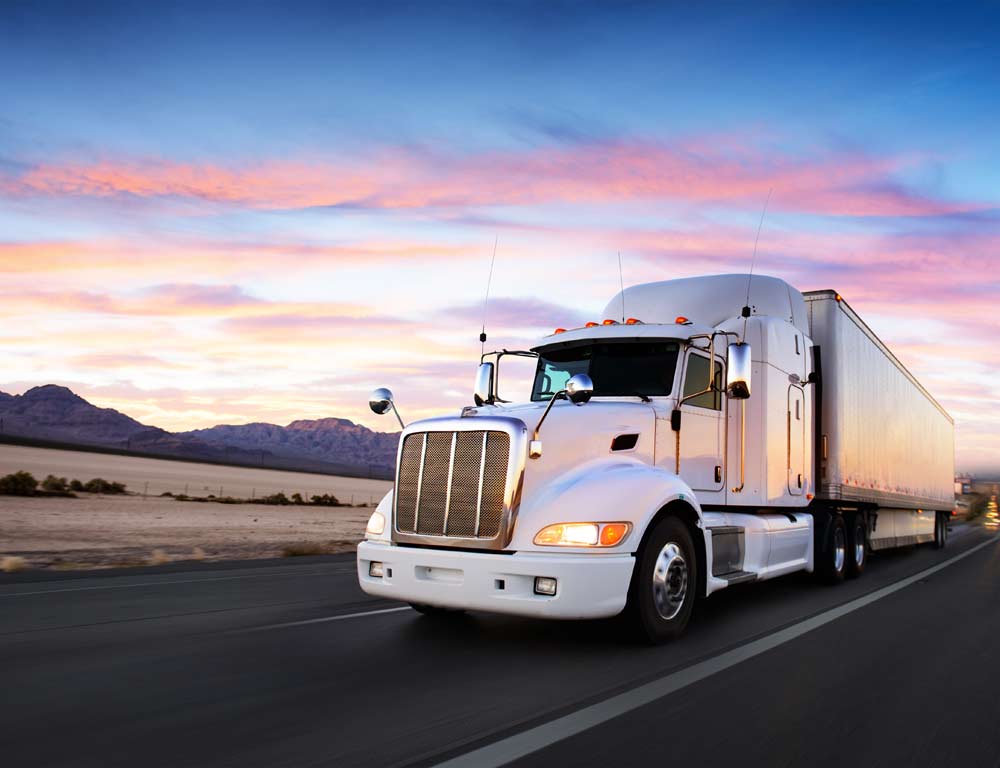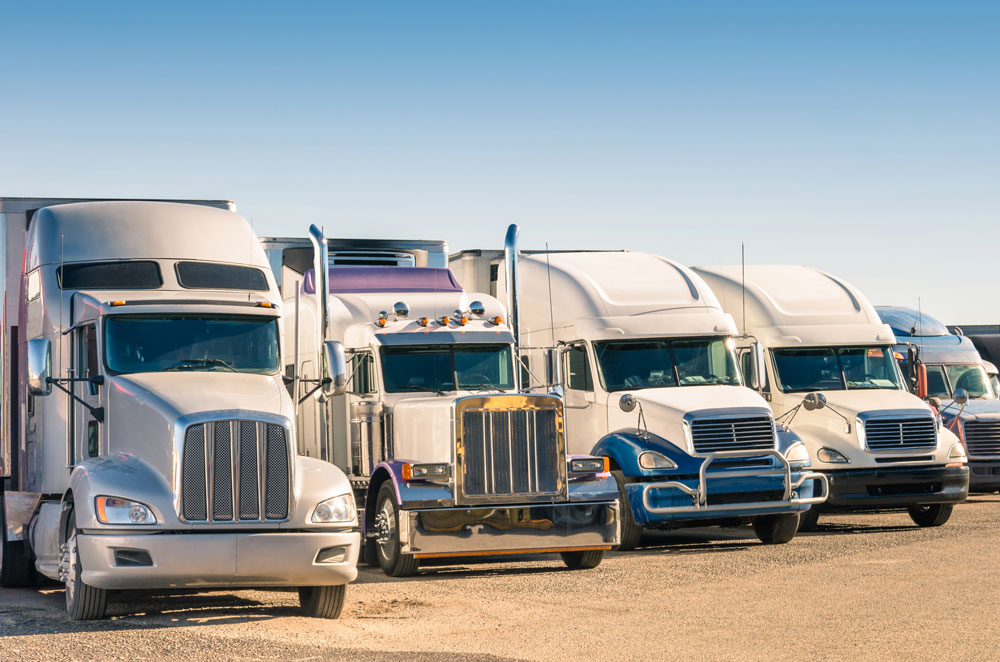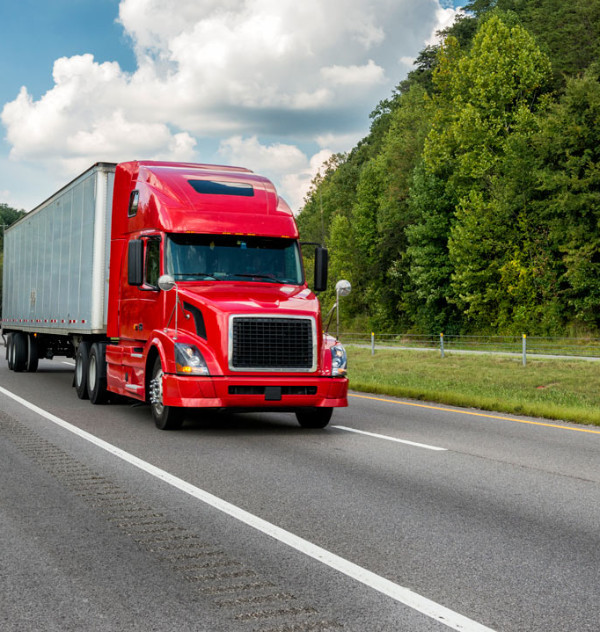Every day, people go online and request a truck insurance quote. It’s easy to get one, especially with so many insurers adding more features to their websites.
Accuracy is essential when asking for a truck insurance quote. This expense is necessary to stay legal and to protect your business in the event of an accident. You have to pay it, but you shouldn’t have to overspend for coverage that you don’t need.
Other issues can arise if you find out you are underinsured. You may not pay as much in premiums, but you could face steep financial and legal setbacks if something happens. You may not have enough to recover financially. You could also incur fines if you fail to meet legal insurance minimums to operate.
It all comes down to choosing a company that will give you an accurate truck insurance quote and provides reliable coverage that keeps you protected.
What Determines the Cost of Your Truck Insurance?
You will have to supply several pieces of information when asking for a truck insurance quote. That’s because your policy will likely vary from that of other businesses, even if you offer similar services. Multiple factors are applied when calculating rates, including the following.
- Types of Vehicles and Purpose
Your insurer will want to know what type of vehicle you or your employees drive as well as their intended purpose. This is a big part of cost calculation.
Trucks, trailers, and tractors are heavier, more expensive vehicles. They have the potential to cause greater damage compared to a small passenger car or van. They also require more skill to navigate in certain areas. These will come at a higher cost to insure.
There are three basic categories used to identify the purpose of your vehicles. The first is retail use, which describes trucks used to make deliveries to residences. Next is service use, which refers to trucks that transport materials to worksites. The last is commercial use, which is a general classification that covers all other uses other than retail and service.
- Your Territory and Location
You don’t have to drive a large commercial vehicle to know that different areas require different driving skills to navigate. Traveling along a quiet country road feels different than trying to maneuver through a busy city street. That’s why your location and service territory will also come into play when requesting a truck insurance quote.
Verisk, previously known as the Insurance Services Office (ISO), has assigned ratings to different regions and states. These can differ by terrain with ratings for coastal regions, landlocked regions, rural areas, and metropolitan spaces. You should consult your insurance company to find out how your area is rated.
- History and Number of Drivers
A truck insurance quote form will most likely ask how many people will be permitted to drive your trucks. Their driving history will be evaluated because it can help an insurance provider gauge risk. More drivers with more accidents will cost more to insure.
If you aren’t already, you should be recording the driver’s license numbers of everyone who operates your vehicles. DMV.org states that this is the responsibility of the business to ensure that you have proper records in case of an incident on the road or an insurance request.
Hiring safe drivers and keeping accident numbers as low as possible will lower your truck insurance quote.
- Your Credit Score
Even though your credit score isn’t used when you or your drivers are behind the wheel, it will affect your truck insurance quote. Insurers use this information to determine how likely you are to file a claim.
The Insurance Information Institute outlines many factors that are reviewed when coming up with a credit-based insurance score. These factors include outstanding debt, accounts in collections, bankruptcies, payment history, and the length of your credit history.
Businesses that make payments on time and avoid problems with collections are usually eligible for lower insurance premiums.
Compare the Truck Insurance Quote to Your Existing Insurance
If you have an existing policy or had one in the recent past, the easiest way to check your truck insurance quote is to compare it to your past coverage. You can do this by reviewing your declarations page. Also known as a Dec Page, this document lists the types of coverage included.
If you’re new to trucking insurance, you can use the Dec Page for your personal coverage as evidence that you maintained continuous coverage and stayed in good standing with payments.
How to Get an Accurate Online Truck Insurance Quote?
The first step in getting an online truck insurance quote is to make sure that you provide the right details. The quote will only be as accurate as the information that you submit. Internet-based tools do a pretty good job these days as long as you take your time and answer truthfully.
If you need a truck insurance quote or have questions about one, let us know. InsureTrucking.com is available to help you find the lowest rates that will keep you legal and protected.





